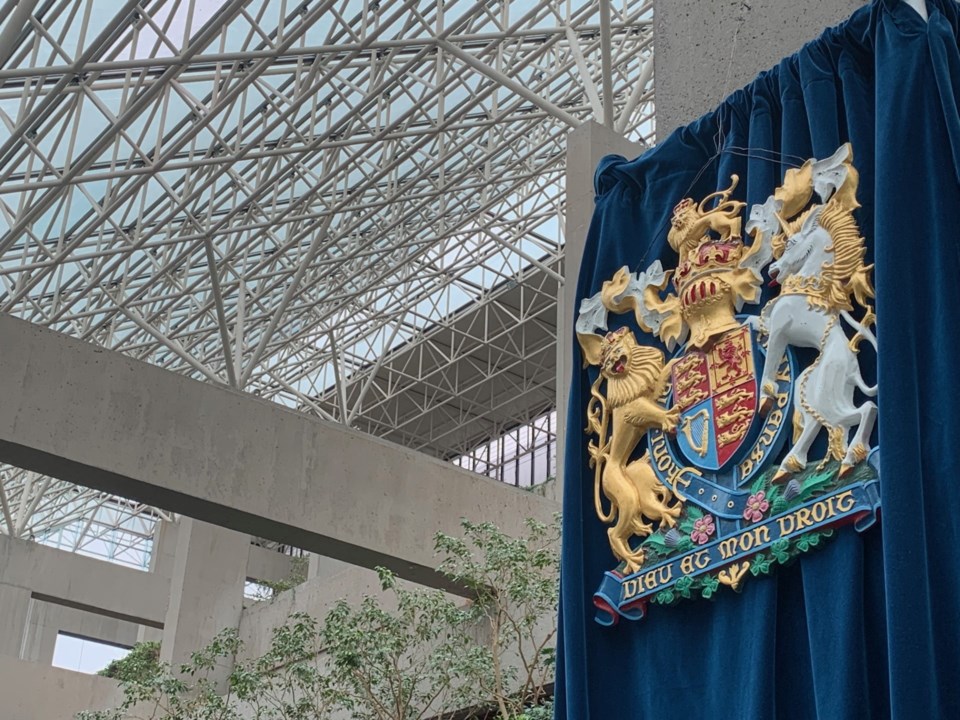A B.C. doctor who was ordered to repay $682,744 in Medical Services Plan (MSP) billings has lost his battle over repeatedly filing freedom of information access requests.
In a May 31 decision, Justice Nita Iyer said the Medical Services Commission (MSC) audited Dr. Nevio Cimolai in 2017. As a result of that audit’s findings, he was ordered to repay the amount.
The MSC also cancelled Cimolai’s entitlement to bill MSP for a three-year period.
Iyer said information about the MSP matter is held by the provincial ministries of health, finance and attorney general.
She said the Vancouver doctor and UBC medical faculty member used the Freedom of Information and Protection of Privacy Act (FIPPA) in an attempt to access his information that is in the custody and control of public bodies.
“Between 2017 and 2022, Dr. Cimolai made 126 requests for review and/or complaints to the (Office of the Information and Privacy Commissioner – OIPC) challenging aspects of the ministries’ responses to his access requests, and he made 24 requests for reconsiderations of OIPC decisions that were unfavourable towards him,” Iyer said.
The judge said that, in October 2022, the ministries applied to the OIPC for a determination that Cimolai’s continuing access to information requests relating to the MSP billing issue were an abuse of process.
And, on March 28, 2023, OIPC delegate Elizabeth Barker granted the ministries’ application in part.
She cancelled all of Cimolai’s ongoing files relating to the MSP matter as an abuse of process.
However, she declined to grant the ministries’ request to prohibit Cimolai from seeking access to information under FIPPA relating to the MSP issue in the future.
So, Cimolai applied to the court for a judicial review of that decision. He claimed the delegate breached his Charter rights by denying him access to his personal information.
He claimed the situation was procedurally unfair and the delegate's decision was unreasonable.
Iyer disagreed, saying several of Cimolai’s contentions were based on his personal beliefs but not grounded in the rules of professional conduct or an equivalent ethical guideline for a decision maker such as the OIPC delegate.
“I conclude that Dr. Cimolai has failed to establish any of his procedural unfairness claims,” Iyer said.
The judge said the OIPC decision was justified in light of the relevant facts and law.
“Dr. Cimolai has failed to show that it is unreasonable,” Iyer said.
The ministries are seeking special costs against Cimolai, expected before Iyer at a later date.



